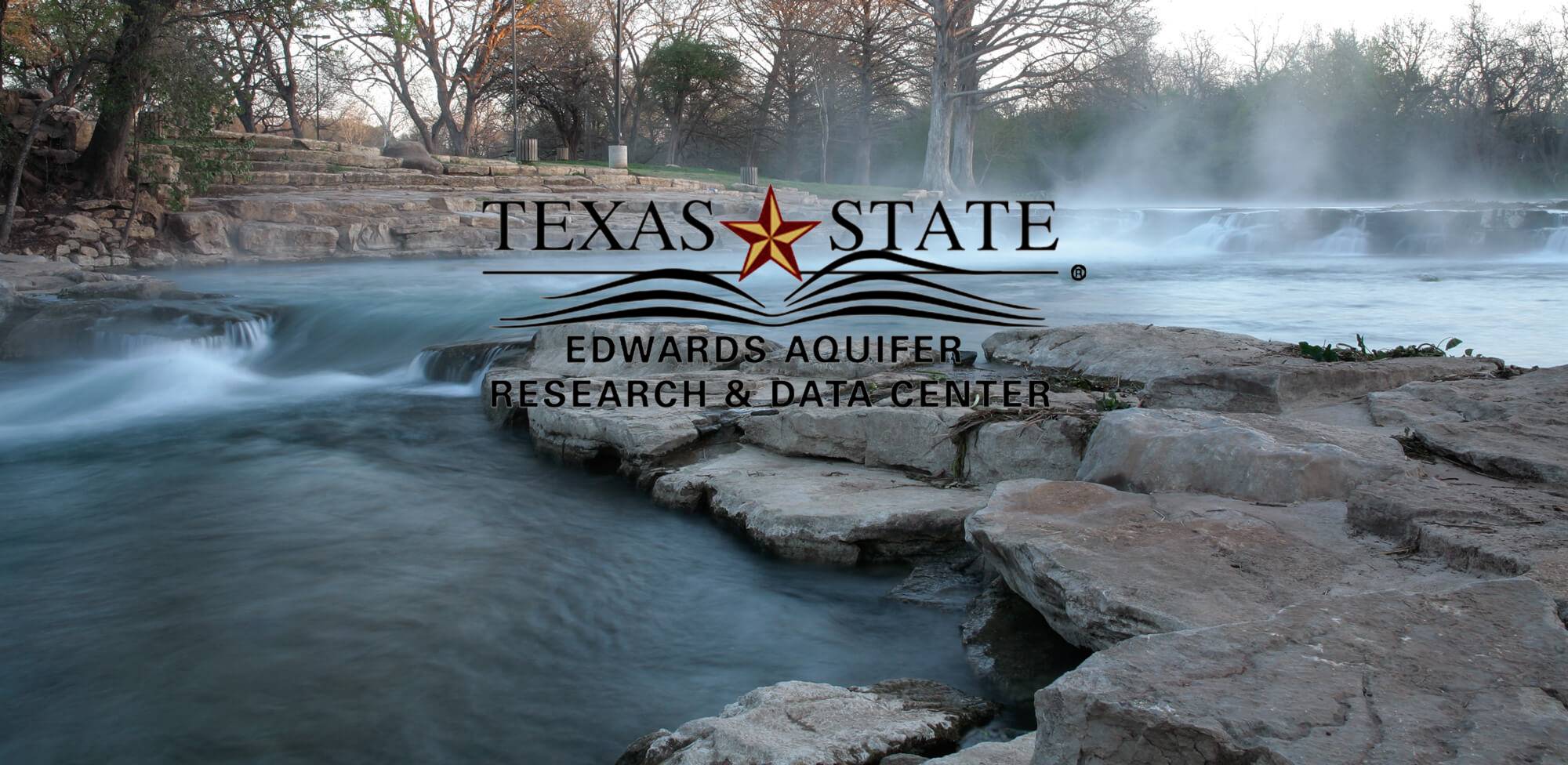Camp FAQ's
-
What if I need to cancel my registration or switch camps?
ASAC Cancellation Policy
Overnight Camps
Explorer Day Camps
Nature Adventure Camp
Camp Cost $1099
$500
$150
Registration/Deposit Fee $250
$150
$150
*Cancellation Fee $100
$100
$25
**Cancellation Deadline for Refund 1 month before
1 month before
2 weeks prior to camp
Final Payment Due Date 1 month before
1 month before
NA
*Cancellation at any time will result in a cancellation fee.
**Cancelling less than one month before camp is a forfeit of entire payment.
Switching Camps:
We will always try to accommodate requests to switch camps, but the ability to do so will depend on space. Campers will not be able to move to a camp session that is already full. Call Kellie Donajkowski at 512-245-6176 to determine if camp sessions can be switched.
-
Are there scholarships available for camp?
Scholarship availability varies from year to year. There are currently no scholarships available for camp. Scholarships may become available throughout the spring, so make sure to check in periodically. Most of our scholarships are for campers from the Central Texas (Austin to San Antonio) region. Please contact Kellie Donajkowski at 512-245-6176 or eardc_education@txstate.edu if you have any questions about scholarships.
-
Where will my overnight camper be staying at night?
Overnight campers stay the first three nights in dorms on the Texas State University Campus. Two campers will share a room and all campers will have access to gender-segregated, shared bathrooms. Male and female campers will be on different floors or in different wings, with staff present throughout the night. Afterwards, campers will spend two nights at University Camp where they will stay in gender-segregated bunk houses with staff present throughout the night.
-
What kinds of science activities will my camper be doing?
Activities will vary depending on the session, but some science activities/topics that may happen are water chemistry, macro-invertebrates, habitats, invasive species, and more. The camps are designed to introduce campers to the amazing world of aquatic science through a holistic, inquiry-based learning environment. We strive to make sure the entire camp is an educational experience and even our fun and games are designed to get campers to think scientifically. Campers are encouraged to ask questions and given tools to investigate those questions for themselves. Campers participate in hands-on learning activities in the lab and in the field facilitated by knowledgeable staff that are either active research scientists or teachers. Our goal is to give campers the chance to experience what it is like to be real scientists. All of the equipment and methods that we use for the activities are professional-grade and indoor activities take place in a university laboratory.
-
What if my child isn't a good swimmer?
Each participant will be required to take a simple swim test upon arrival. Due to the nature of the camp, the ability to swim and tread water is mandatory for all campers. Campers who are poor swimmers will be required to wear a life jacket or sit out during any swimming activities, depending on the nature of the activity. The swim test consists of being able to swim in a flowing river without stopping or touching the bottom, showing that they can keep their head above water. It is required that all campers wear life jackets during the raft trip and snorkeling. Lifeguards will administer the swim test and be present for all swimming activities.
-
What if my camper gets homesick?
Homesickness is most common in our younger aged campers, but can happen to anyone, especially if this is the first time they have been away from home for this long. We do our best to comfort and redirect their attention towards engaging in the camp activities and it usually fades within the first day or two. If your camper contacts you asking for an early pickup, please talk to our camp director first and we will provide you with a first-hand report of how your camper is doing and help you to make a decision that is in the best interest of your camper.
-
Can I come visit my camper during the sessions?
We do not encourage phone calls and we do not allow visits during camp, except in cases of emergencies. We have found this disrupts the camp experience and can exacerbate homesickness issues. We are fully aware of our responsibility to care for your child, and we take that very seriously.
-
What kind of luggage should my camper bring?
Campers should pack light, and everything should fit inside their luggage! Plastic bags do not make good luggage! Campers that must carry many separate items are much more likely to misplace important items. We recommend 1 suitcase or duffel and 1 backpack that can double as a day pack. If things don’t fit inside, you might be over packing. Giant trunks that your camper cannot manage by themselves are not appropriate.
-
What hospitals or medical facilites are nearby?
We have staff members who are trained in first aid and CPR and are equipped to treat minor cuts and bruises. In the case that a camper requires medical attention, they will be taken to the Texas State University Student Health Center (SHC) for treatment if it is a minor injury or illness. In case of a more serious issue, they will be taken to the CHRISTUS Santa Rosa Hospital San Marcos emergency room. Parents/guardians will be notified immediately by phone in the event of any emergency involving their camper.
-
Who should I contact about specific camp questions?
Please contact Kellie Donajkowski, Education Program Manager at 512-245-6176 or eardc_education@txstate.edu
